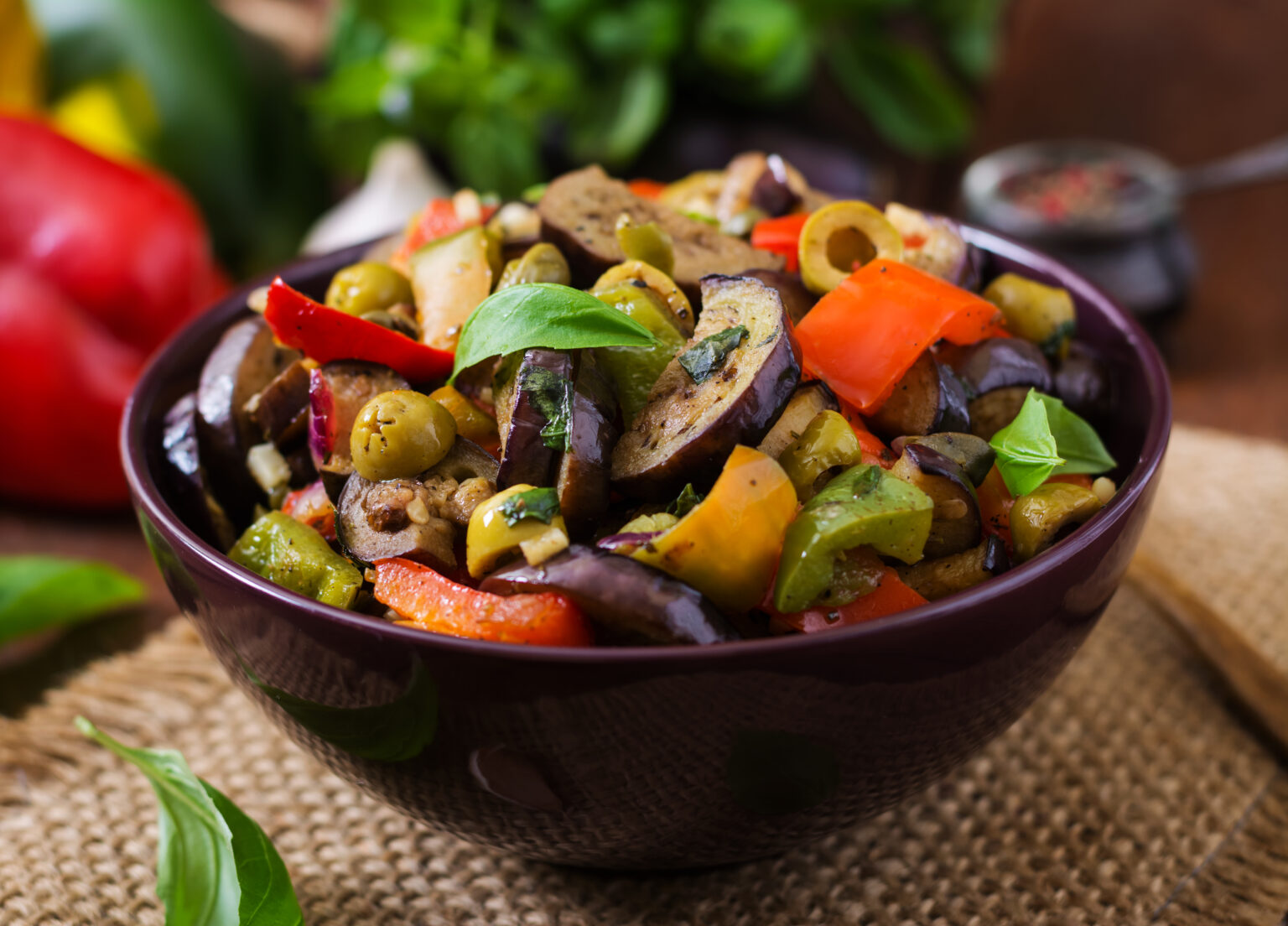A lacto-ovo vegetarian diet is a plant-based eating plan that excludes meat, fish, and poultry but includes dairy products and eggs. While this dietary choice offers numerous health benefits and is considered nutritionally adequate, it is important to pay attention to meeting specific nutrient needs, particularly iron and calcium. Iron is essential for oxygen transport and energy production, while calcium is vital for strong bones and teeth. Here are some key considerations for ensuring sufficient iron and calcium intake on a lacto-ovo vegetarian diet.
Iron: Iron exists in two forms: heme iron and non-heme iron. Heme iron is found in animal products and is more easily absorbed by the body. Non-heme iron, on the other hand, is derived from plant-based sources and is less readily absorbed. However, with careful planning and dietary choices, it is possible to meet iron requirements on a lacto-ovo vegetarian diet.
- Plant-based iron sources: Include a variety of iron-rich plant foods in your diet. Good sources of non-heme iron include legumes (such as lentils, chickpeas, and beans), whole grains, tofu, tempeh, nuts, seeds, and dark leafy greens like spinach and kale. It’s important to note that plant-based iron is better absorbed when consumed alongside vitamin C-rich foods, so consider pairing iron-rich foods with citrus fruits, berries, or vegetables like bell peppers or broccoli.
- Fortified foods: Incorporate iron-fortified foods into your diet, such as breakfast cereals, bread, and plant-based milk alternatives. These products are fortified with iron, making it easier to meet your daily requirements.
- Cooking techniques: Certain cooking techniques can enhance iron absorption. For example, soaking and sprouting legumes, as well as fermenting soy products like tempeh, can improve iron availability. Additionally, cooking foods in cast-iron cookware can increase the iron content of the prepared meal.
- Monitor tea and coffee consumption: Avoid drinking tea or coffee with meals, as they contain compounds that can inhibit iron absorption. Instead, consume these beverages between meals to minimize their impact on iron uptake.
Calcium: Calcium is crucial for maintaining strong bones and teeth, as well as for supporting proper muscle and nerve function. While dairy products are excellent sources of calcium, lacto-ovo vegetarians can still achieve adequate calcium intake through the following strategies:
- Dairy and alternatives: Include dairy products like milk, cheese, and yogurt in your lacto-ovo vegetarian diet. These foods are rich in calcium and provide other essential nutrients. If you prefer plant-based alternatives, opt for calcium-fortified plant milks, such as soy milk, almond milk, or oat milk.
- Leafy greens: Dark leafy greens, including kale, collard greens, bok choy, and broccoli, are excellent plant-based sources of calcium. Incorporate these greens into your meals regularly to boost your calcium intake.
- Fortified foods: Similar to iron, calcium-fortified products like plant-based milk alternatives and breakfast cereals can contribute significantly to your daily calcium needs.
- Nuts and seeds: Almonds, chia seeds, sesame seeds, and tahini are all rich in calcium. Snack on these or use them as ingredients in various recipes to increase your calcium intake.
- Tofu and tempeh: These soy-based products are not only great sources of iron but also contain calcium. Incorporate them into your meals to provide a nutrient boost.
- Vitamin D: Calcium absorption is dependent on adequate levels of vitamin D. Ensure you get enough sunlight exposure or consider a vitamin D supplement if necessary, as this will support calcium utilisation.
It’s important to note that everyone’s nutritional needs may vary, so consulting with a registered dietitian or healthcare professional is always a wise decision. They can provide personalised guidance and ensure you are meeting your specific nutrient requirements.
A well-planned lacto-ovo vegetarian diet can adequately meet iron and calcium needs. By including a variety of plant-based iron sources, incorporating dairy products or their alternatives, consuming calcium-fortified foods, and paying attention to optimal food combinations, you can ensure a balanced and nutritious intake that supports your overall health and well-being.








